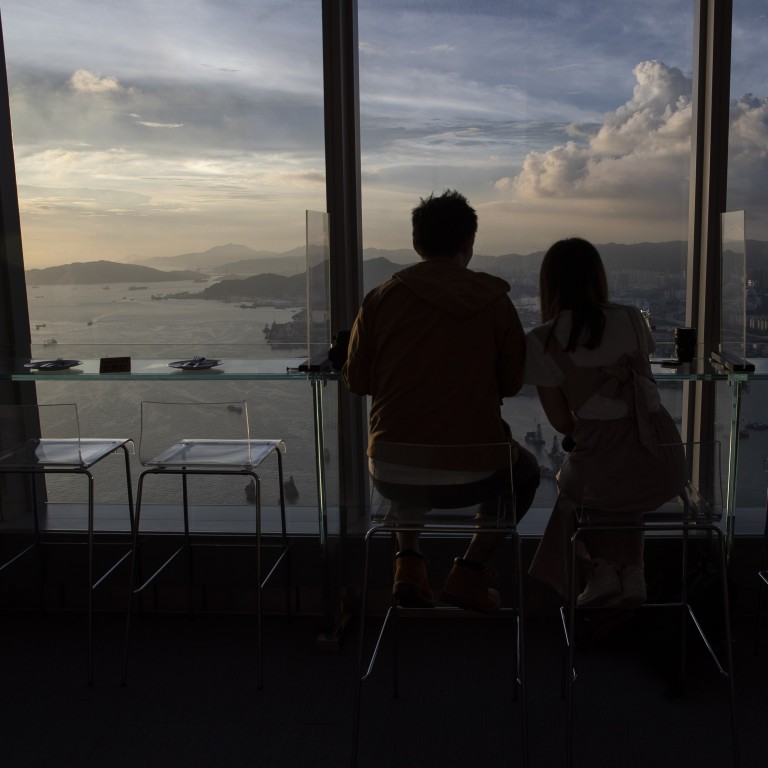
Letters | To stay in Hong Kong or leave? Why those who brave it out may have the last laugh
- Apart from economic and material needs, migrants also have emotional and cultural needs that are harder to meet. Those that choose to stay have the benefit of family warmth, intergenerational support, and embeddedness in the community
As I discuss in my new co-authored book on return migrants in Hong Kong, Singapore and Israel, migrants typically strive to have two types of needs gratified: instrumental and expressive. The former refers to economic or material needs, which involve one’s livelihood and economic well being. I call these tangibles “hard needs”, also known as “primary” or Type 1 needs.
The second category comprises emotional, cultural, sentimental, or socio-psychological needs, related to compatibility, kinship, community, nationhood or even peoplehood. I call these intangibles “soft” needs, also considered “secondary” or Type 2 needs. “Soft” or “secondary” they might be, but these needs are powerful and more lingering, perhaps belonging more to the heart than the mind.
The two types of needs represent two contrasting motives for migration. When both are satisfied, the individual is content. When only one type is met, the individual remains dissatisfied, restless, in limbo – thinking of moving one more time, and then again and again. The drift continues.
Indeed, one wonders if such “emotional labour” is best undertaken by informal, voluntary groups in civil society – communities, professional, religious or leisure organisations, family networks, even the workplace.
And what about the stayers who never manage to realise their migration dream? Their narratives of non-migration, of “staying put”, conjure up images of the “community of the poor”, not involving self-pity, alienation and strife, but family warmth, intergenerational support, and embeddedness in the community.
To the stayers, a life of no departures could be a blessing in disguise as heritage, traditions, history and biography uphold the individual and nurture, comfort and heal the poor and disadvantaged by giving them love, or at least not depriving them of too much of it.
The stayers may know a thing or two the movers don’t – or prefer to forget once and for all for peace of mind.
Chan Kwok Bun, adjunct professor, The Hang Seng University of Hong Kong; founder and chairman, Chan Institute of Social Studies

